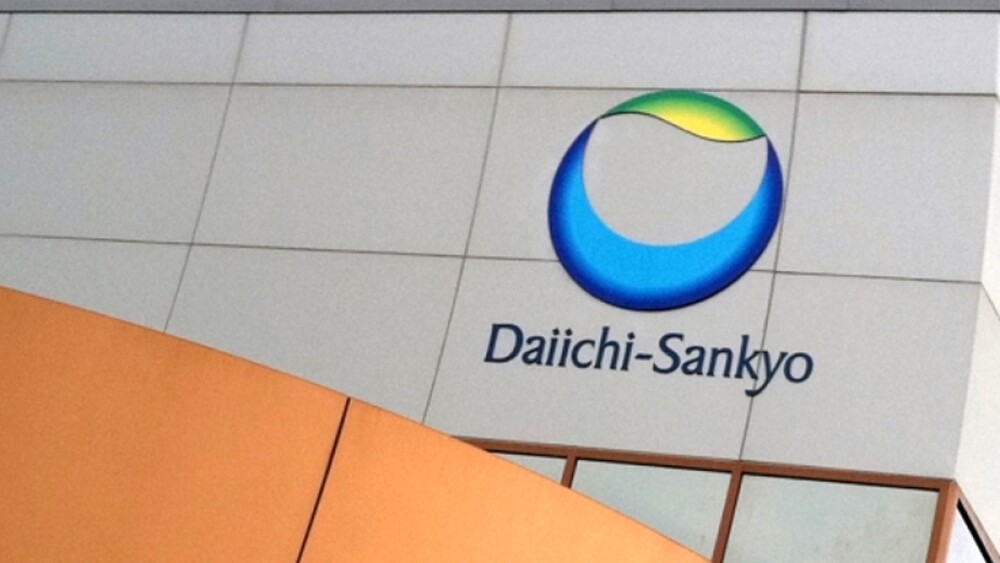February 10, 2017
By Mark Terry, BioSpace.com Breaking News Staff
Daiichi Sankyo Reorganizes its R&D Division By Shutting Down Asubio Pharma
Tokyo, Japan – Daiichi Sankyo Company announced today that it is shuttering its research subsidiary, Asubio Pharma located in Kobe, Japan. The closure is the result of restructuring its global research and development activities. The closure is expected by the end of March 2018.
This news comes only a month after the company announced that it was closing its R&D facility in Gurgaon, India. At that time, the company said, “Daiichi Sankyo is reviewing its global R&D system with the aim of decreasing R&D operations costs and redistributing resources to the further development of its R&D pipeline.”
At the India plant, about 170 people will be affected. Daiichi Sankyo took over the Gurgaon center in 2008 when it acquired Ranbaxy ’s research-and-development division. At that time, the facility employed about 200 scientists. The acquisition was for $4 billion (U.S.). In 2014, Daiichi sold Ranbaxy to Sun Pharma after four of its key plants were banned by the U.S. and a $500 million (U.S.) fine was levied for falsifying data and poor manufacturing practices.
Before that, Daiichi Sankyo closed R&D facilities in the UK. The UK facility closing, based in Gerrards Cross, England, was announced in February 2016. That site employed 80 people. Its operations were transferred to its Edison, NJ-based subsidiary and its European subsidiary, based in Munich, Germany.
Asubia Pharma employs about 150 people. Its focus is primarily psychiatric and neurological diseases, immune and inflammatory diseases and regenerative medicine. As part of the reorganization, Daiichi Sankyo expects to transfer Asubio’s R&D operations and employees to other Daiichi Sankyo Group companies in Japan. The company said in a statement, “We expect the integration of the venture spirit of Asubio Pharma into other Daiichi Sankyo research activities to contribute greatly to improving R&D productivity.”
John Carroll, writing for Endpoints News, says, “Just about every major, long established pharma company in Europe and the U.S. has undergone an R&D reorganization in the last five years, sometimes more than once. Daiichi and Takeda are both following the same path in an era that’s been seeing a major migration into global hubs like Boston/Cambridge and the Bay Area.”
Daiichi also has operations in Korea, China, Taiwan, and Munich, Germany.
On January 9, Daiichi Sankyo signed a strategic partnership with Santa Monica, Calif.-based Kite Pharma . Kite’s lead product candidate, axicabtagene ciloleucel, involves engineering a patient’s T-cells to express a chimeric antigen receptor (CAR) to target antigen CD19. CD19 is expressed on the surface of B-cell lymphomas and leukemias. As a result, this directs the immune T-cells to specifically attack the cancer cells.
As part of the deal, Daiichi Sankyo will take over development and commercialization of axicabtagene ciloleucel in Japan. It will pay Kite $50 million upfront, and there are potential future payments up to $200 million for various developmental and commercial milestones. Kite may also receive low to mid-double digit royalties.
Kite will provide specific technical transfer services for Daiichi Sankyo. Daiichi Sankyo has a specific period in which to license additional Kite candidates for Japan, including KITE-718, Kite’s T-cell receptor candidate targeting MAGE-A3/A6 and other products that may be eligible for U.S. investigational new drug (IND) application filings over the next three years. Upfront and milestone payments are possible for up to $200 million per product candidate, as well as low to mid-double digit royalties. Kite will hold all development and commercialization rights outside of Japan.





